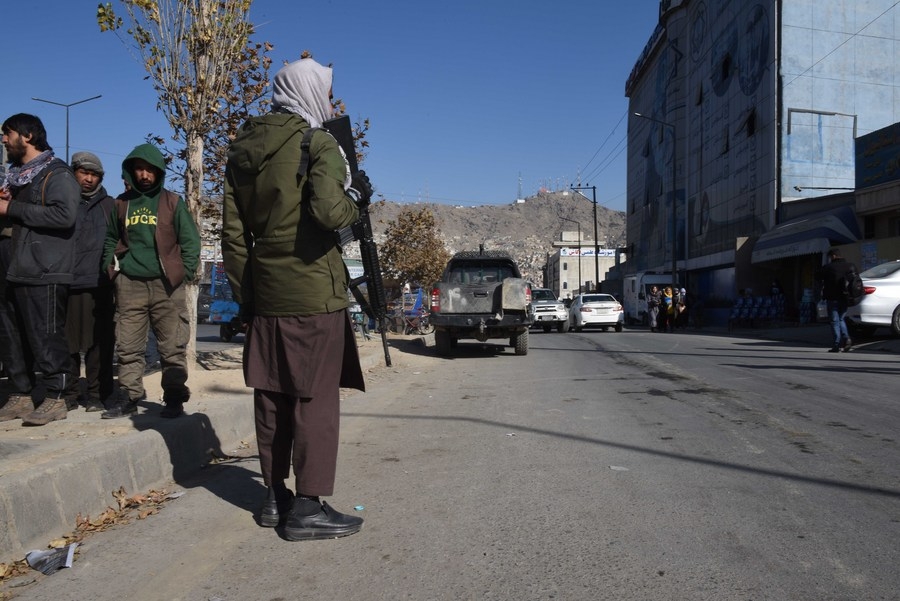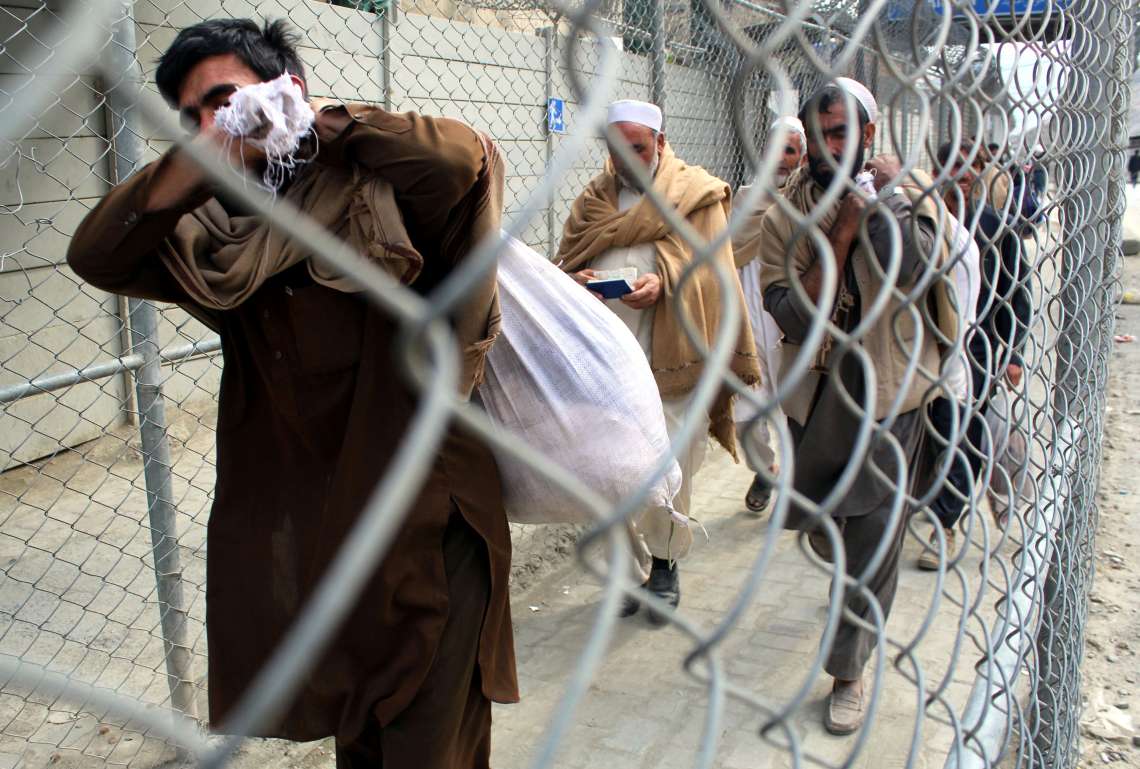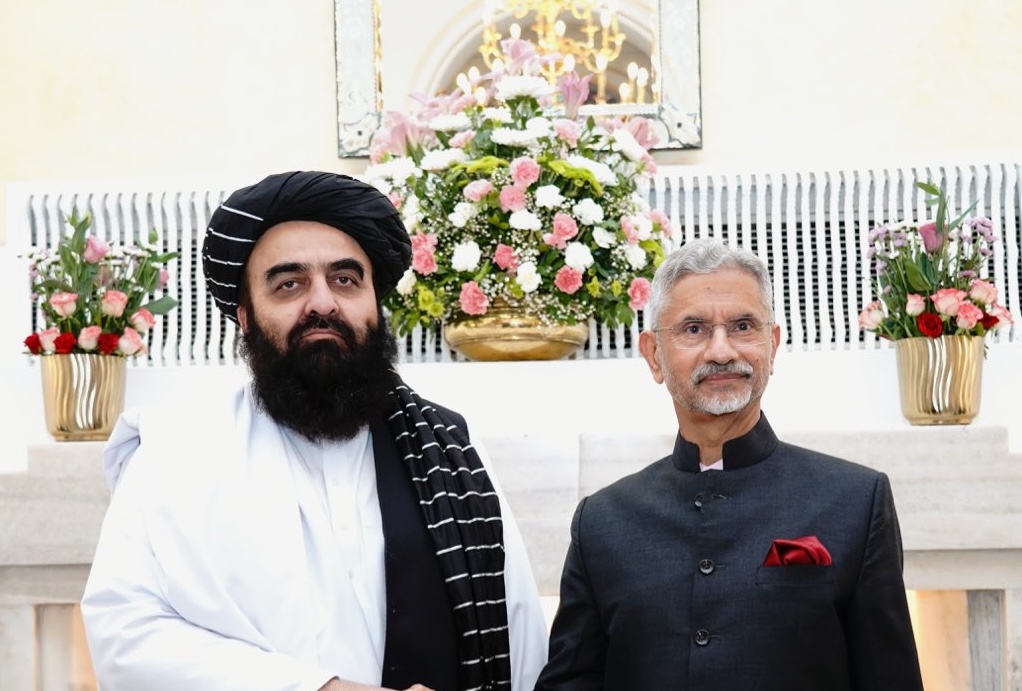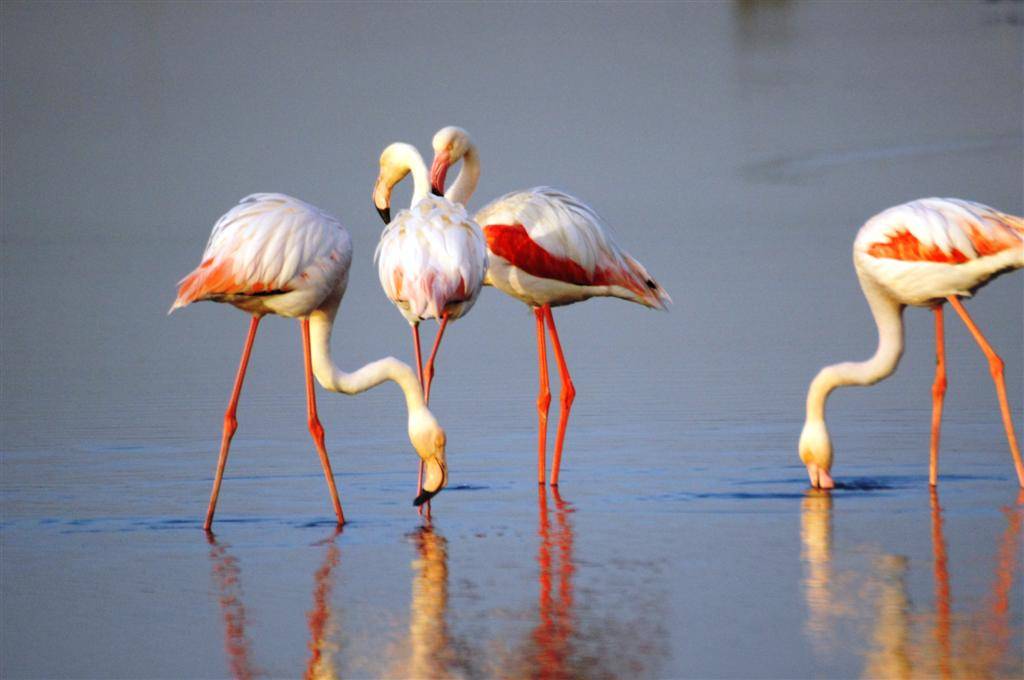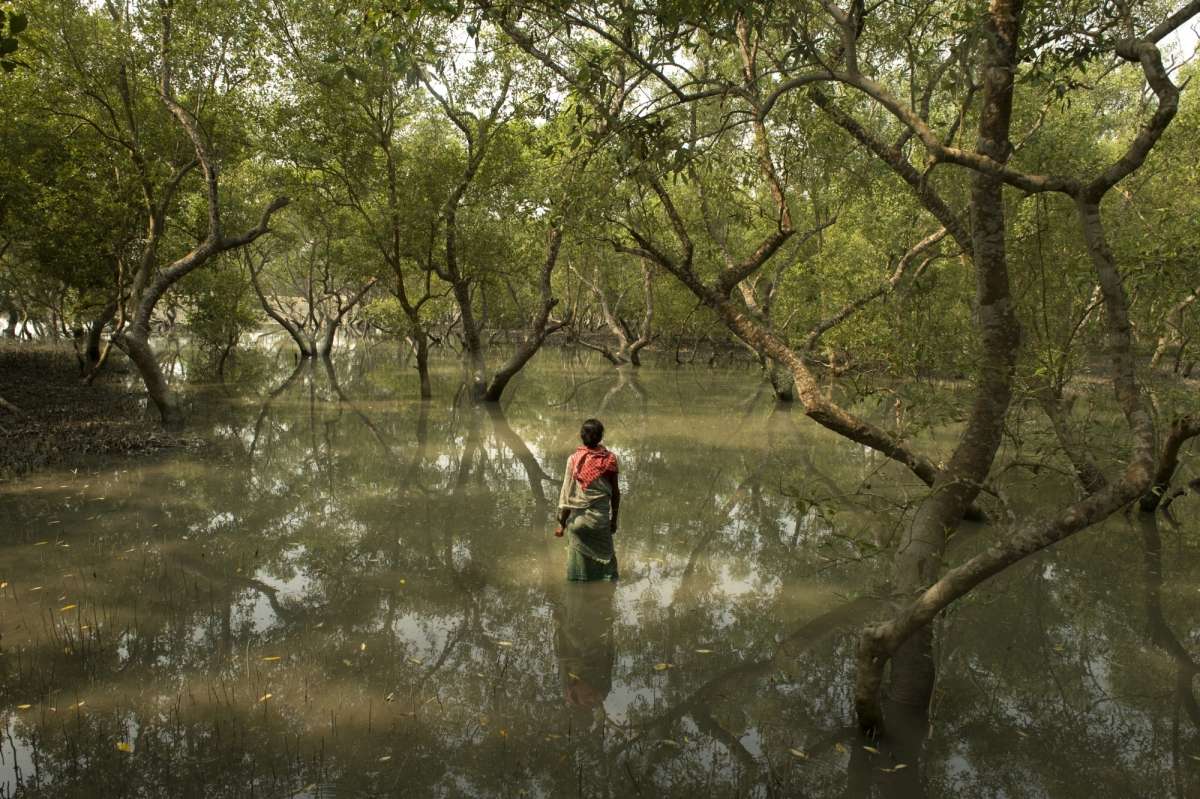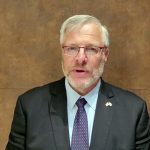Ravindra was speaking on a resolution expressing serious concern over the presence in Afghanistan of terrorist groups like the Al Qaeda and the Islamic State that was adopted by the General Assembly….reports Arul Louis
India has expressed concern over the terrorist attacks in Afghanistan and asked the UN Security Council Sanctions Monitoring Team to keep up its vigilance against terror groups using the war-torn country.
India’s Deputy Permanent Representative R. Ravindra told the General Assembly on Thursday that the Monitoring Team has played a useful role and India “expects them to continue to monitor and report on all terrorist groups that might use Afghanistan as a base to target other countries”.
He noted that the Council in a resolution “unequivocally demands that the territory of Afghanistan should not be used for sheltering, training, planning, or financing terrorist acts, specifically terrorist individuals and entities proscribed by the UN Security Council, including Lashkar-e-Taiba and Jaish-e-Mohammad”.
The two terror groups have carried out attacks on India.
Ravindra was speaking on a resolution expressing serious concern over the presence in Afghanistan of terrorist groups like the Al Qaeda and the Islamic State that was adopted by the General Assembly.
It also condemned the Taliban’s violation of human rights, especially of women and girls, and said that it was deeply concerned about Afghanistan’s dire economic and humanitarian situation.
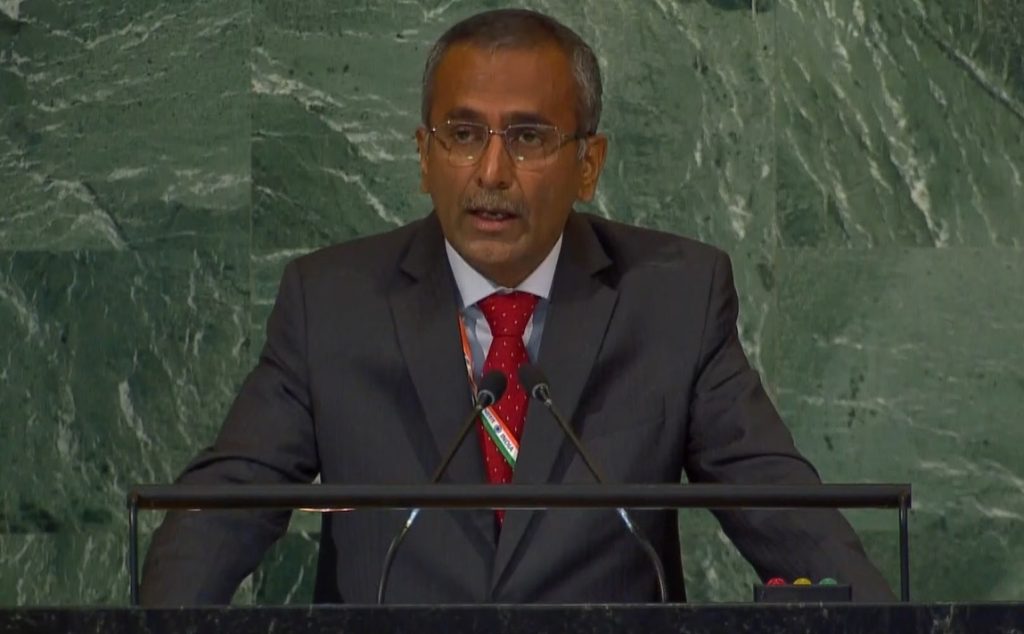
The resolution introduced by Germany received 116 votes and there were none against it, but Pakistan. China, Russia and North Korea, along with six other countries, abstained.
Ravindra said that India strongly condemned the recent terrorist attacks on public spaces like places of worship and educational institutes, especially of minorities.
He added that the September attack on Russia’s diplomatic mission in Kabul that killed two diplomats and two others “is highly condemnable”.
Ravindra drew attention to the link between drug trafficking and terrorism and said that international cooperation should be strengthened to dismantle these networks.
“We have recently seized big shipments of drugs at our ports and in the high seas off our coasts,” he said.
Pakistan used the Assembly discussion to launch indirect attacks on India.
By not naming India, it avoided getting a strong rebuttal from India, which has previously exposed Islamabad’s terrorist links.
Pakistan’s Deputy Permanent Representative, Aamir Khan spoke of “spoilers, especially from our regiona who wished to “aid and abet terrorism against Pakistan from Afghan soil”.
He asserted that “one country” had blocked the mention of the Tehrik-i-Taliban Pakistan in the resolution and of the role of the Organisation of Islamic Cooperation in helping resolve Afghanistan’s problems.
He said that Pakistan abstained on the resolution because it was “unbalanced and unrealistic”.
Expressing support for the Taliban regime, Khan said that Afghanistan’s assets abroad should be unfrozen, which would give the Taliban access to the funds, and the international community should engage with it.
Afghanistan’s seat at the UN is still held by the former elected government of Ashraf Ghani, who was ousted by the Taliban which has not been recognised.
The recognised representative of Afghanistan, Naseer Ahmed Faiq said that the Taliban has failed to establish a legitimate and inclusive government and has internationally isolated the country.
While it is erasing women and girls from all areas of public life, terrorist attacks on civilian targets and on minorities have increased, he said.
This week, the Taliban, which had banned girls from middle and high schools, issued an edict banning them and women from public parks and gyms.
Introducing the resolution, Germany’s Permanent Representative Antje Leendertse said: “The Taliban control the country, but do not live up to their responsibility towards the Afghan people.”
This was leading to a serious crisis for the Afghan people at “levels of need that we have not seen in the last decades”.


